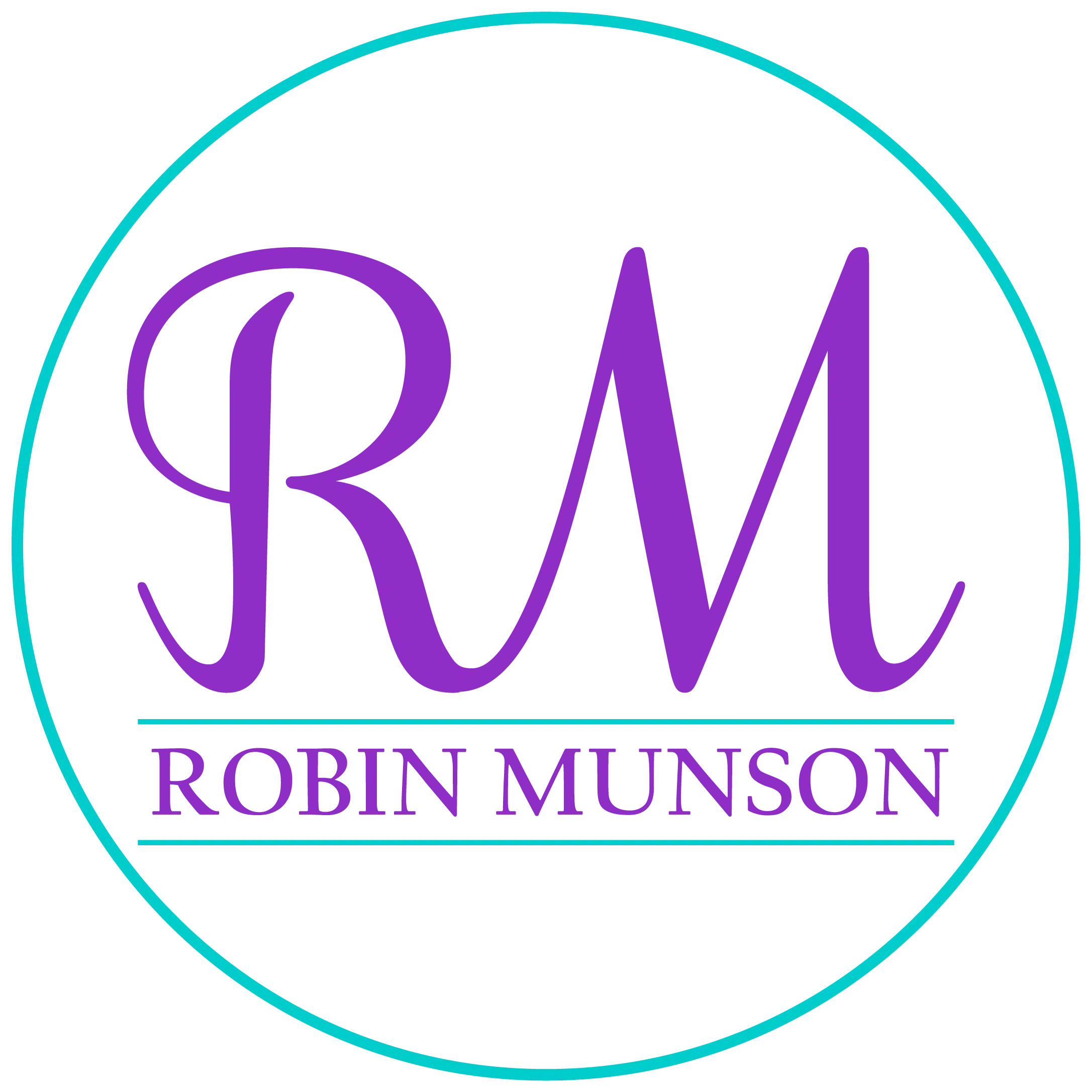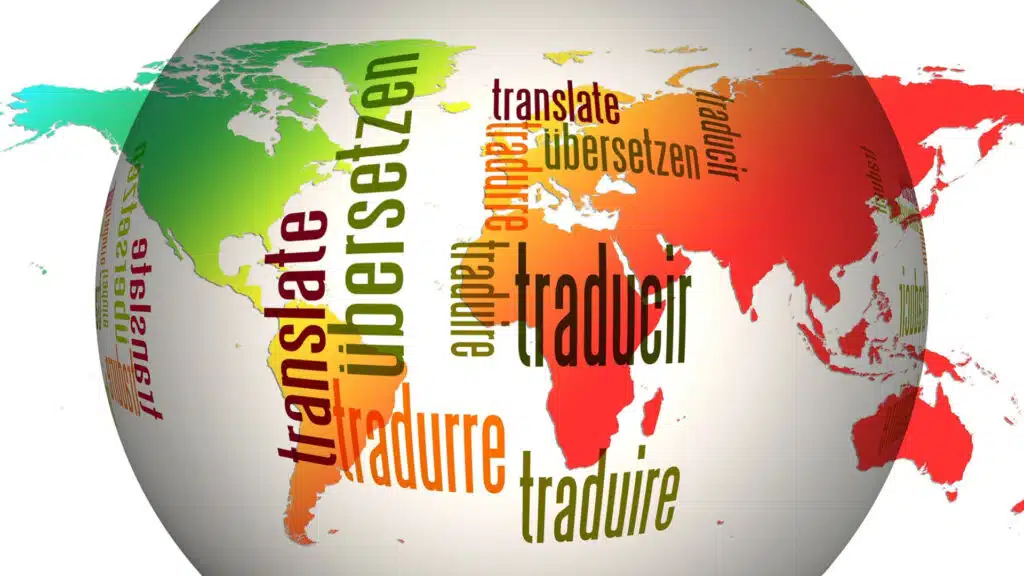For as long as I can remember, music has had a profound effect on me. It was my comforter when I was sad, my companion when I was lonely, my protector when I was scared, my cheerleader when I was unsure of myself. I sang to myself constantly as a child. It was so second-nature that I didn’t realize I was doing it. One day as I was walking through the halls of my elementary school I was singing without realizing it. I don’t remember the song, but it was probably something cheerful – maybe “I Whistle A Happy Tune”, or something like that. A teacher stopped me and said, “You must be a very happy little girl! You’re always singing!” Little did she know. I was singing to bolster my spirit because school was such a misery for me! (a topic for another day.)
Gradually, over the course of my life, I have come to think that music is, in fact, the remnants of an ancient language that predates any known history. Because I’m prone to fantasy, I wonder whether music is the language of the long-lost continent of Atlantis. Maybe when the big asteroid hit the earth it wiped out most of the communication, and we were left with remnants of a rich, potent, literally universal language. One thing’s sure: If you’re a musician, you certainly use music as a language.
For example — Can anyone possibly listen to a minor chord and not feel something sad or ominous? Once, we tuned in to a program on NBC called 30 Rock, a news magazine. Their musical signature is the familiar NBC signature (sol – mi – do), only they flat the third, making it a minor chord. (I found this a little bit annoying. “Oooooooh. They’re doing something ‘edgy’. This is not your father’s NBC!”) It’s kind of like when they decided that news anchors had to deliver the news standing up. (Why is that?!) But my point is: I got the message. “This is going to be darker than the Today show. No optimistic tripe, as signaled by the John Williams piece, “The Mission”. (And by the way, I love that John Williams piece. And I love optimistic tripe, too.)
Which brings me to another point. Heralding. Why do we know when we hear a fanfare that something important, even regal is about to happen? This is why film companies like 20th Century Fox and especially MGM have come up with fanfares to be played at the beginning of every production. The opening music cue for Lionsgate is especially effective. There is something in the rhythm, the trumpets, the pitch, that signals pomp, importance, the feeling that “Elvis is IN the building!” Something wonderful is about to occur.
And a first cousin to the fanfare is the military call to arms, surely one of the most ancient functions of music. Why do we know when we hear a snare that there is a battle imminent? Think of “war drums”. They conjure up controlled, even choreographed ferocity, brute force, a show of might that can induce fear and intimidation.
This is certainly a subject that begs for a tome or two, but it’s worth noting: To me, anyway, a diminished chord feels, well, diminished and even perhaps disappointed. (“Oh, what’s the use!”) An augmented chord always seems to be reaching for something more, as if you were climbing a mountain and you could just almost see the summit within range. (“I’m almost there — Just one more step. . .”) A seventh needs to resolve, but still connotes sunniness and optimism. (Think of the opening two notes of “Somewhere” — a declaration of love and hope.) A major seventh, on the other hand, feels like you tried to get somewhere and just missed. A minor second clearly signals discord. (Maybe a power struggle – “Is too! Is NOT!” Is TOO! Is NOT!”) Open fifths and fourths evoke strength, dignity and resolve (Think Aaron Copland.)
Of course, as with all languages, you have to consider context. So, for example, a minor third played in the context of a major triad isn’t in the least bit sad. Conversely, a major third within the context of a minor triad will sound dark or sad. A minor second played in the context of pizzicato strings can indicate comedy. And, by the way, how do we know pizzicato strings are saying something funny? And why does a blues riff on a tenor sax sound sexy? And the list goes on and on.
Musicians know all this instinctively. We routinely talk about matching the music to the mood of a production. We are constantly translating between the language of words and pictures and the language of music. But we are not so much translating as interpreting, since there is so much ambiguity and richness and depth in the language of music. Still, there must be some consensus, or else there would be no job for a John Williams or an Aaron Copland (or any of the rest of us who make music.)
So what musical messages are you giving yourself today? What do you need to hear? What musical phrases (yes, interesting that we use that term) are speaking to you? And what do you want to say musically? Personally, I’m whistling a happy tune.
© Robin Munson

